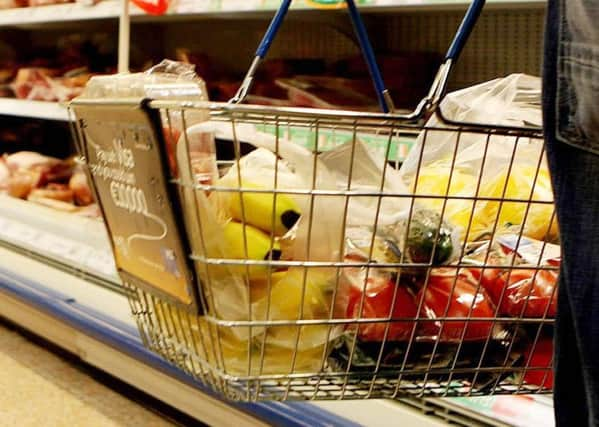Pair jailed for conspiracy to sell horsemeat


Andronicos Sideras, 55, one of the owners of meat manufacturer Dinos & Sons, made the mix before selling it to other firms in a plot that deceived consumers and food processors.
Ulrik Nielsen, 58, the Danish owner of Hull-based FlexiFoods, bought horsemeat and beef from suppliers across Europe and had it delivered to Dinos in Tottenham, north London.
Advertisement
Hide AdAdvertisement
Hide AdNielsen’s “right-hand man”, Alex Beech, 44, from Sutton, near Hull, arranged for the shipments to be transferred and handled the accounting.
The majority of the meat, including some from farm horses not sold for slaughter, made it into the food chain and, while the face value of the fraud was £177,869, police said the true cost had probably run into millions of pounds.
Sideras, of Southgate, north London, was found guilty of one count of conspiracy to defraud between January 1 and November 30 2012 and was jailed at Inner London Crown Court for four years and six months.
Nielsen and Beech, who had already pleaded guilty to the same charge, were sentenced to three years and six months in jail and 18 months suspended for 12 months respectively.
Advertisement
Hide AdAdvertisement
Hide AdJudge Owen Davies QC said: “It was not confined to this country, not confined to the firms we have heard about, and it’s a big issue for the public to be concerned about, but the fact is it was discovered by accident and only emerged as a problem because of your activity. It’s not a mitigating factor, in my judgment, that other people were at it as well as you.”
In 2013 UK supermarkets were rocked by the horsemeat contamination crisis, with products labelled as beef and other meats found to contain various amounts of horse flesh.
Paul Turner, Principal Environmental Health Officer at Hull Council, said: “Officers from Hull Council carried out a vital role in this successful prosecution and gathered significant evidence that secured two early guilty pleas from Mr Nielsen and Mr Beech of Flexi-Foods.
“The sale of horsemeat as beef was misleading to the consumer and seriously undermined public confidence in the safety and authenticity of food in the UK and wider market. A great deal of damage was done to the food industry’s reputation”.